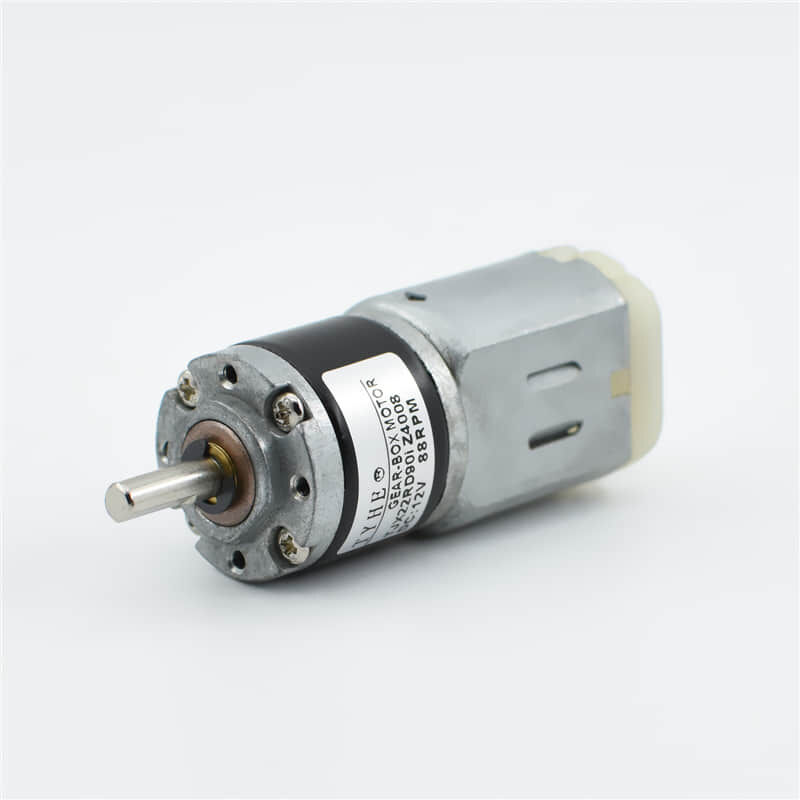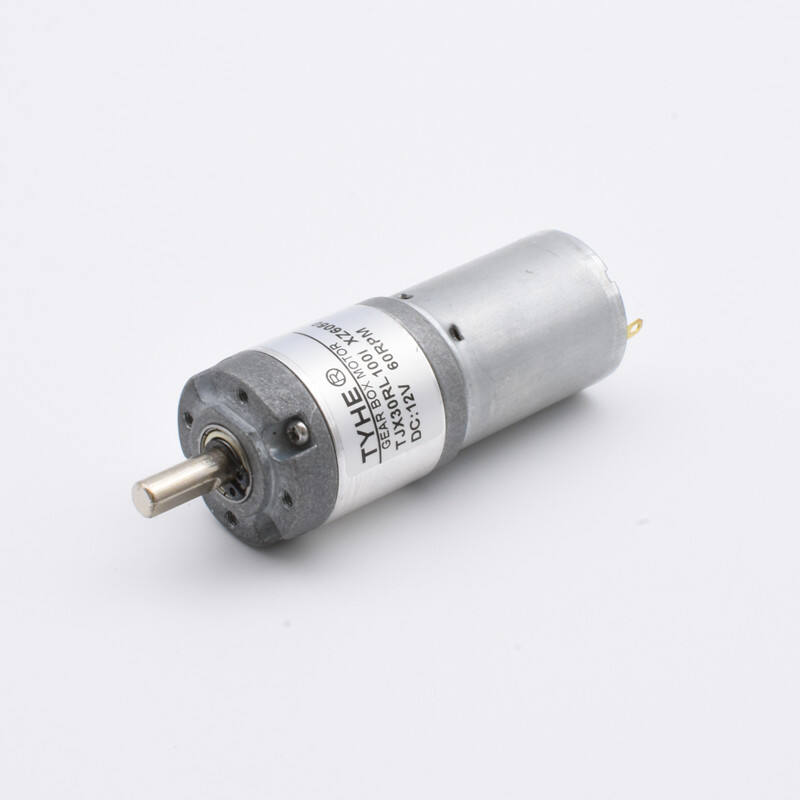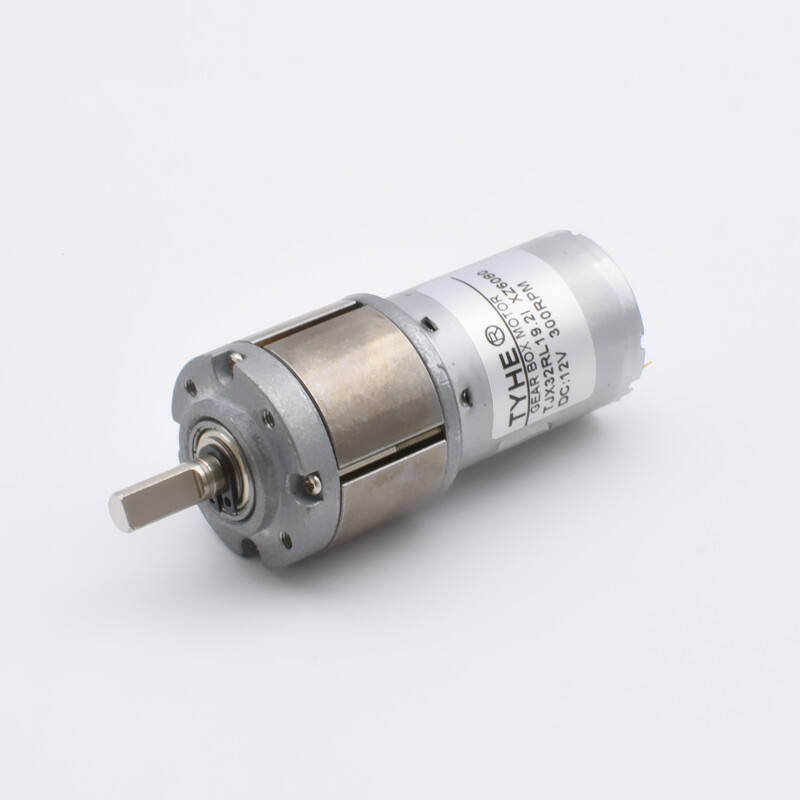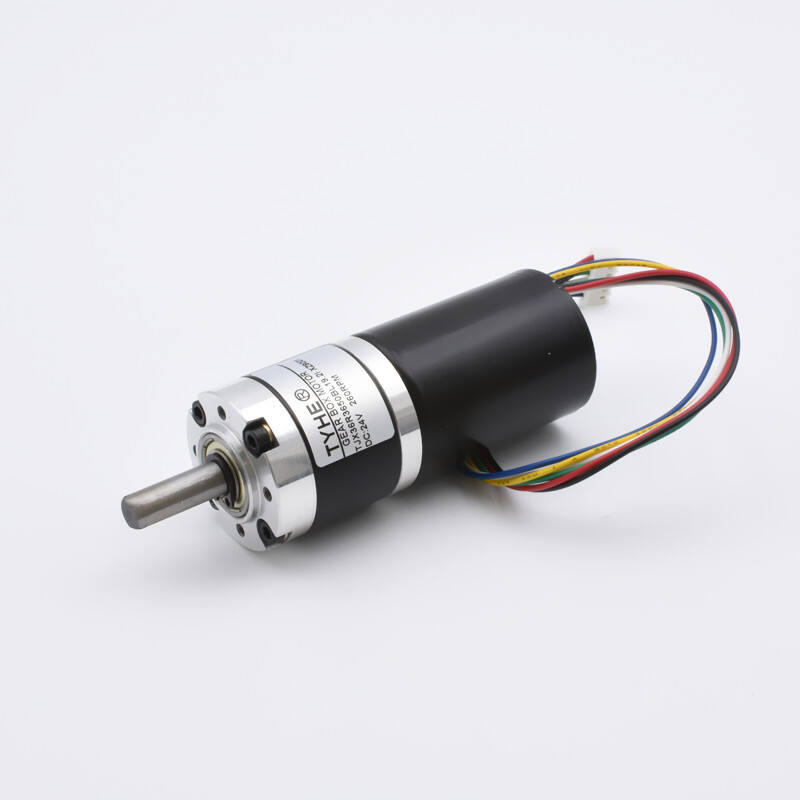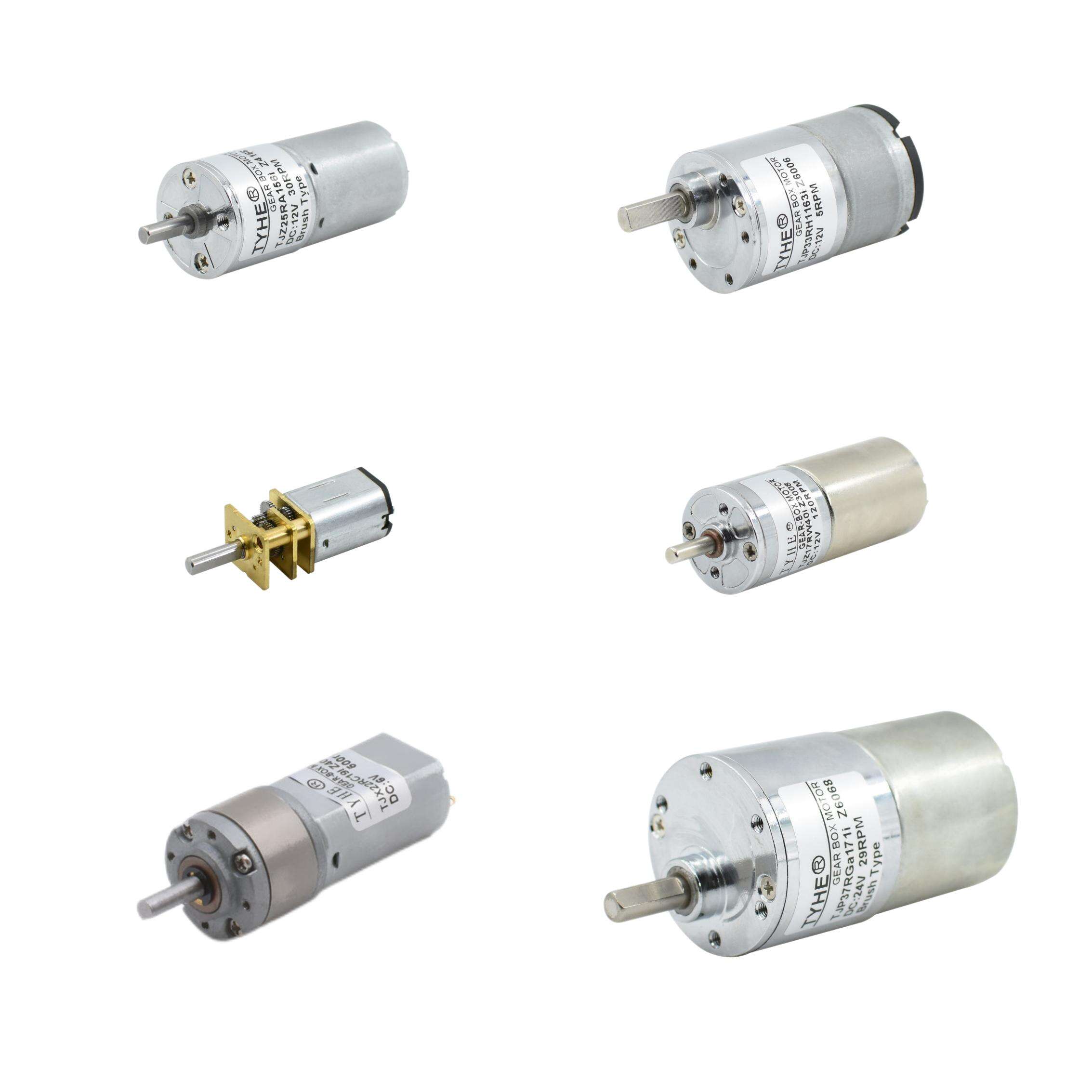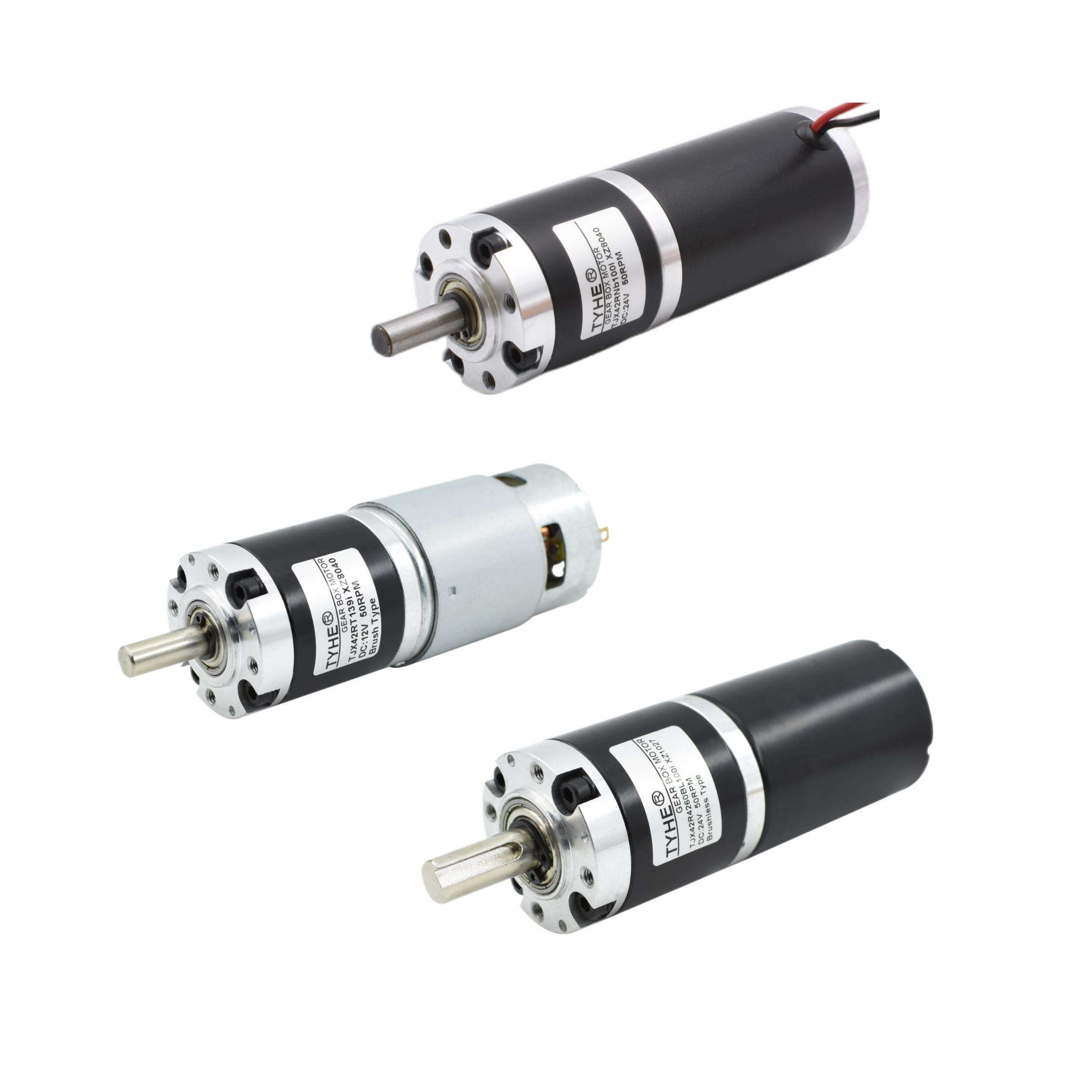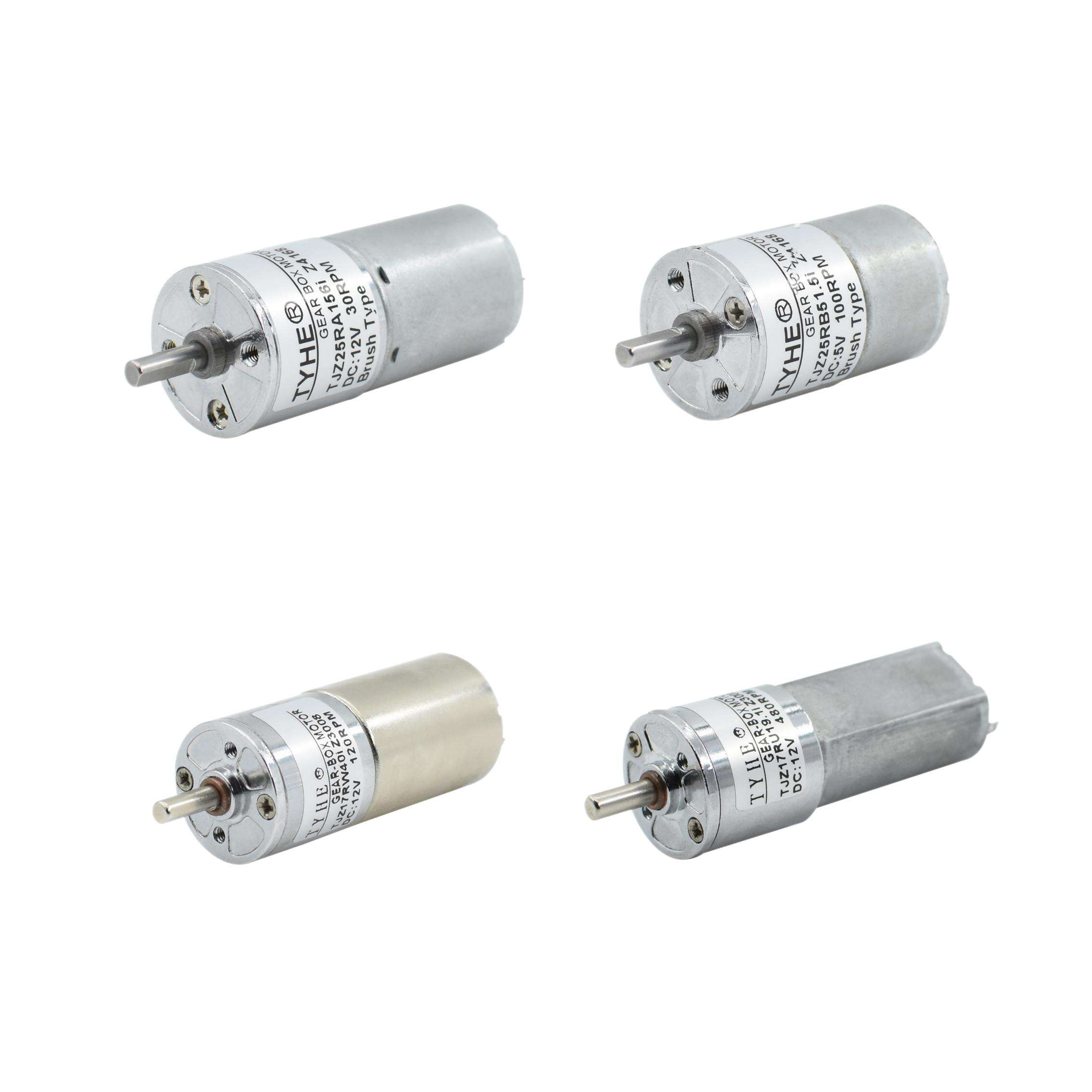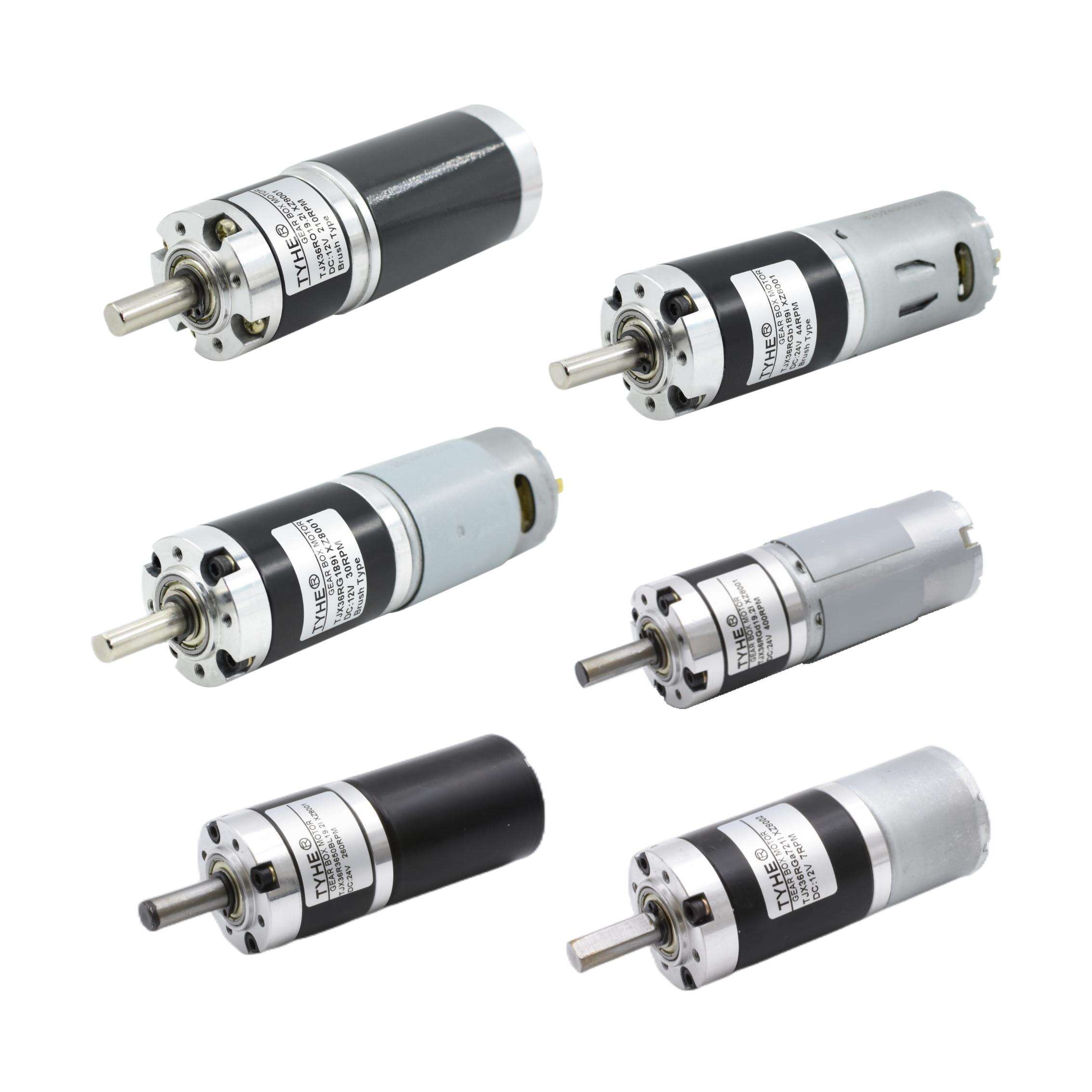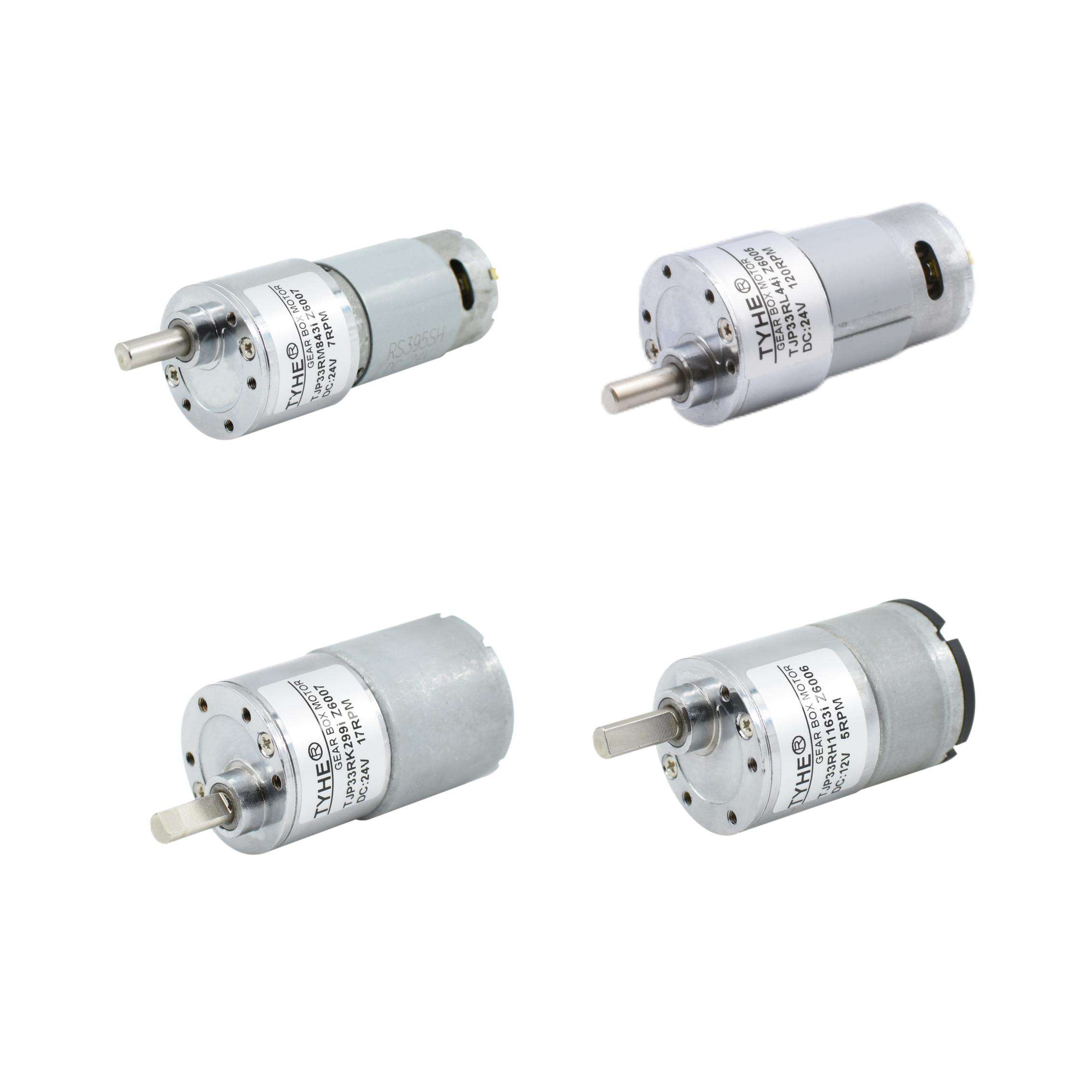12volt dc motor price
The 12volt dc motor price represents exceptional value in today's competitive electric motor market, offering versatility and reliability across numerous industrial and commercial applications. These compact powerhouses deliver consistent performance while maintaining energy efficiency, making them ideal for automotive systems, robotics, pumps, fans, and conveyor systems. The 12volt dc motor price varies based on specifications such as torque output, speed ratings, and construction quality, typically ranging from budget-friendly options for basic applications to premium models for demanding industrial use. Understanding the technological features behind the 12volt dc motor price helps buyers make informed decisions. These motors utilize permanent magnet construction or wound field designs, providing excellent speed control through voltage regulation. The brushed variants offer simple control mechanisms and lower initial costs, while brushless versions command higher prices but deliver superior longevity and efficiency. Key technological features influencing the 12volt dc motor price include gear reduction ratios, encoder feedback systems, thermal protection, and weatherproof enclosures. Applications spanning automotive window regulators, marine bilge pumps, solar tracking systems, and manufacturing equipment demonstrate the versatility justifying the 12volt dc motor price investment. Quality manufacturers incorporate precision bearings, high-grade magnets, and robust housing materials that ensure reliable operation under varying load conditions. The 12volt dc motor price consideration should factor in operational costs, including energy consumption and maintenance requirements. Modern designs emphasize reduced electromagnetic interference and quiet operation, features that add value to the overall 12volt dc motor price proposition. When evaluating options, buyers should consider total cost of ownership rather than focusing solely on initial purchase price, as higher-quality motors often provide better long-term value through reduced maintenance and replacement costs.

